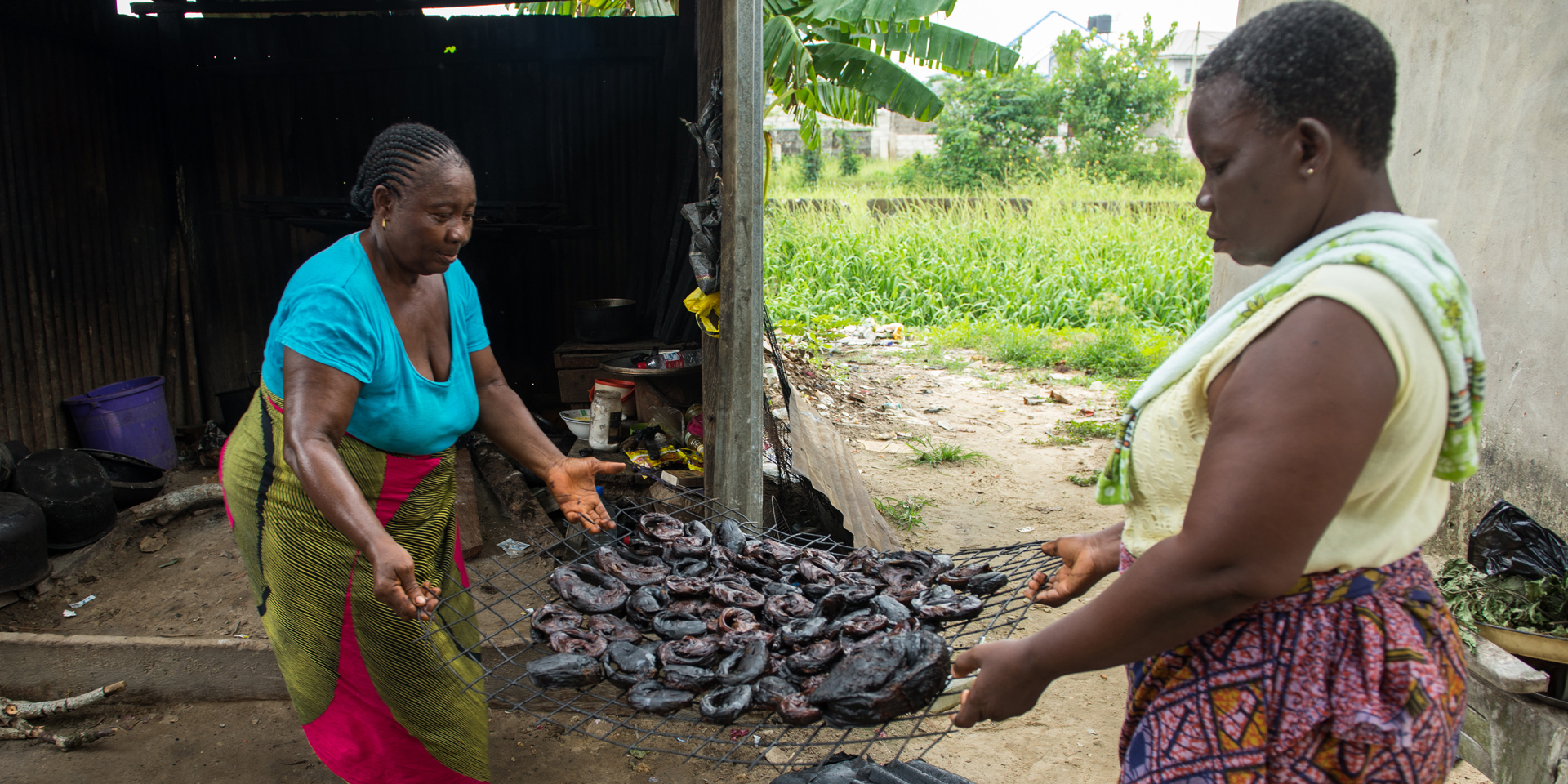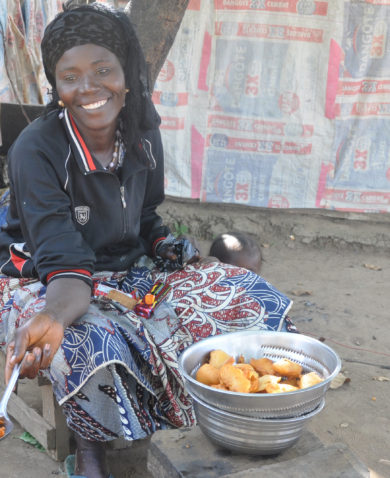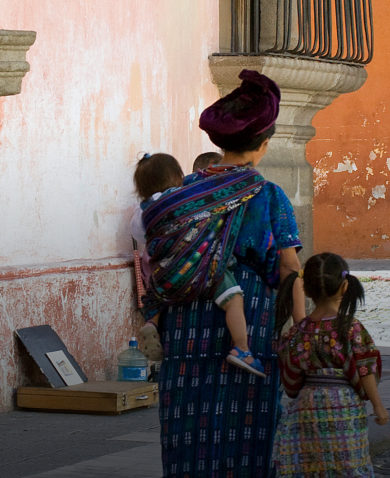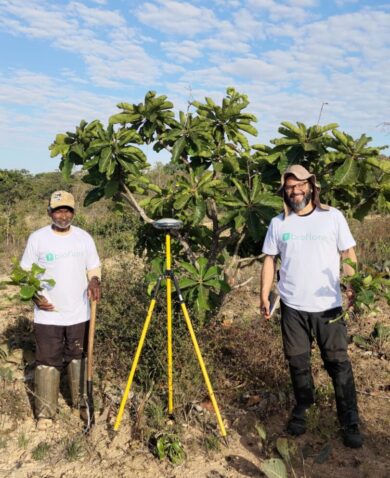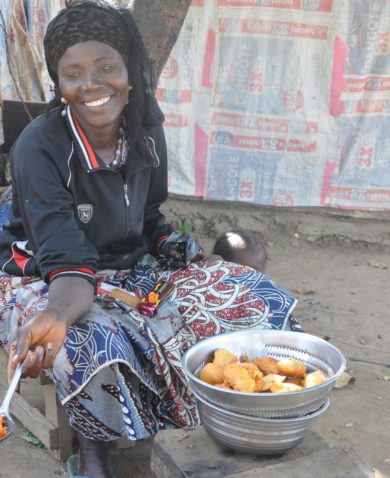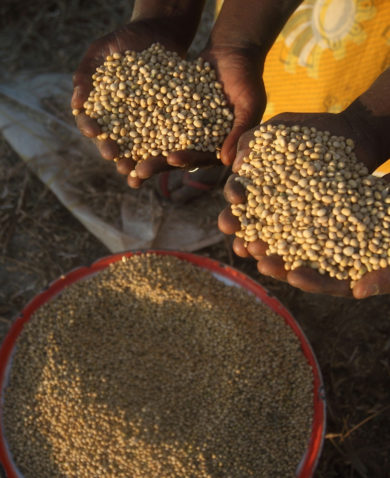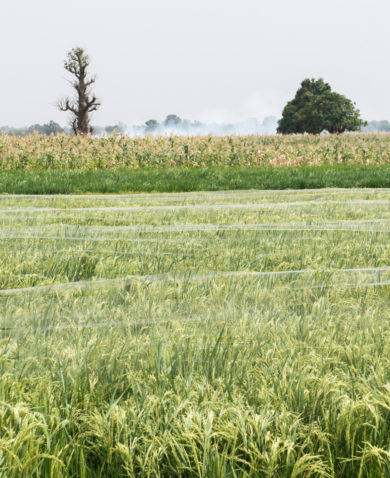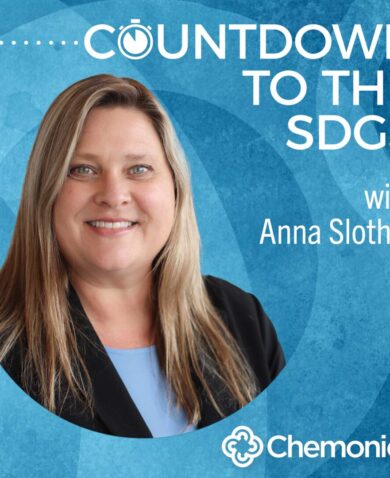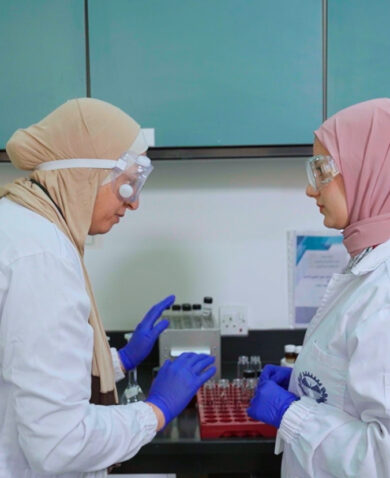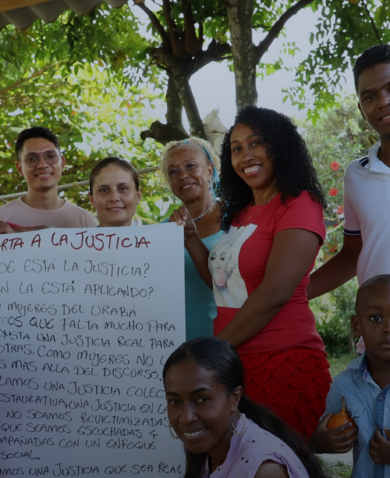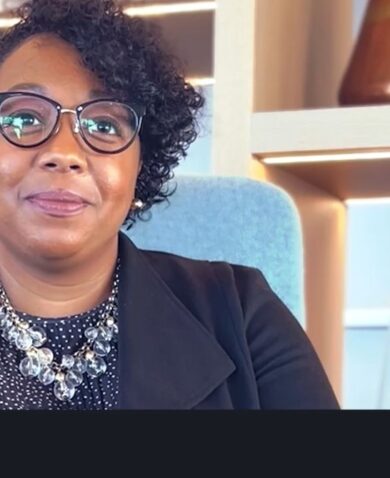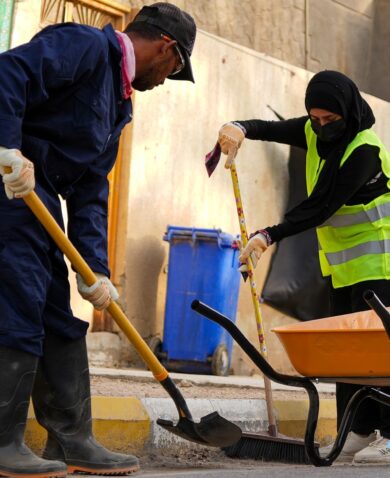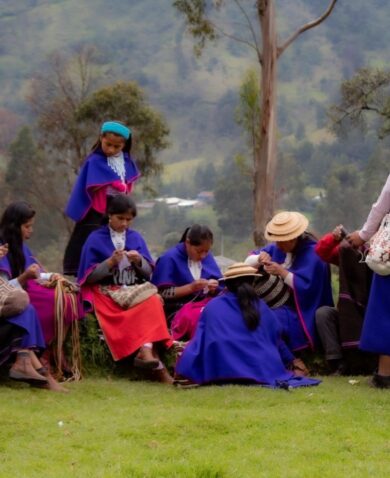Putting her new skills into practice, Garba conducted market research to assess her community’s needs. As a result of her research, she found that there was still unmet demand for kwilikwi, a popular snack cookies made from groundnuts. She increased her production of kwilikwi — a business she had begun before the training — and increased her extraction of groundnut oil, allowing her to sell more.
Garba’s income rose significantly just a few weeks after the training. Her sales increased by 180 percent, from 700 naira ($4.67) per day to 1,960 naira ($13) per day. Garba keeps a record of her business finances and maintains a separate business account that has helped her to monitor her income and expenditures. She has also expanded her homestead vegetable garden, which has improved the quantity and quality of her family’s diet while reducing her family’s food costs. As a result of her improved sales and reduced food costs, Garba has increased her savings four-fold, from $1 per week to $5.30. She reports that her children are now sick less often and she is better able to pay for educational expenses.

